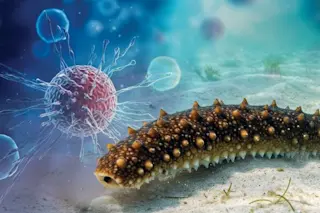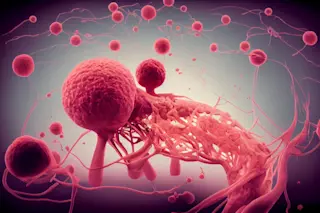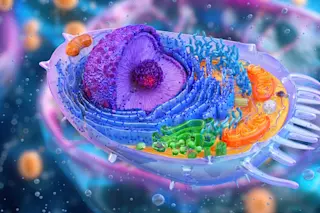It may be premature to slap a cancer warning label on hot dogs, as one health-advocacy group called for in July. But a growing body of research is illuminating the health risks of nitrates and nitrites, compounds found in many common foods, including most hot dogs.
A study based at Rhode Island Hospital in Providence found a link between deaths associated with certain diseases and exposure to nitrates and nitrites, which are present not only in cured meats but also in some vegetables and water contaminated with fertilizers. Neuropathologist Suzanne de la Monte, who led the research, compared disease-related mortality rates with nitrite fertilizer use, fast-food sales, and meat sales in the United States during the past 40 years. She concludes that “consumption of these compounds has grown in parallel with diabetes and Alzheimer’s,” as well as with Parkinson’s disease. Although researchers have known that nitrites and nitrates at high ...















